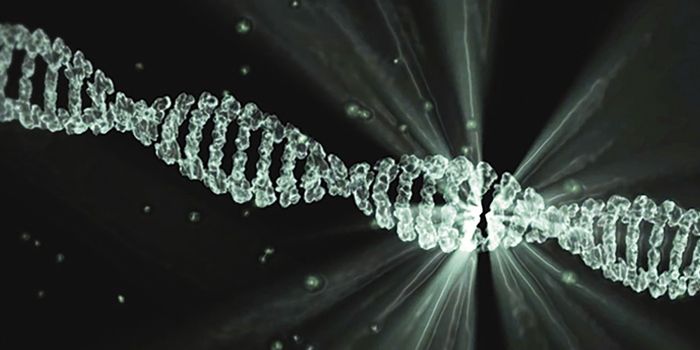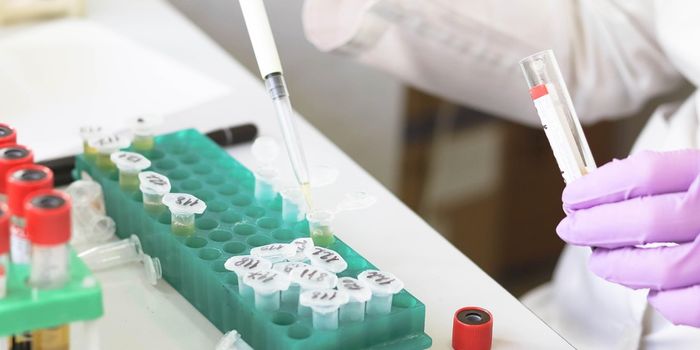A Hormone may be Behind Age-related Weight Gain
New research may provide some insight into why people tend to start struggling with weight gain and get big bellies as they get older. The work has suggested that a hormone called follicle-stimulating hormone, FSH, could be to blame for redirecting body weight to the abdominal area. The same hormone may be causing bone loss as well. The findings were reported in Nature and are outlined in the following video.
It had been assumed that FSH had an important role in reproduction, stimulating the production of eggs women and sperm in men. Not much else was known. Dr. Mone Zaidi, a Professor of Medicine at the Icahn School of Medicine at Mount Sinai in New York City, began to wonder if this hormone was also exerting some effect on bone density. Zaidi noticed that the amount of FSH in circulating blood goes up as the ovaries reduce function before menopause. At the same time, bone loss occurs. That happens even when estrogen, a bone preserver, is kept at steady levels in the blood.
Female mice without ovaries don’t make estrogen, and it could be assumed that they would lose bone due to that lack of estrogen. Indeed, in such mouse models, the bone fills up with fat cells rather than making bone cells, a phenomenon seen in women.
However, in Zaidi’s lab, mice without ovaries were exposed to FSH and to the researcher’s surprise, the bone did not fill up with fat cells. Instead, these mice began to lose significant amounts of fat. He was stunned and told a colleague, Dr. Clifford J. Rosen, a bone specialist at Maine Medical Center Research Institute, who was incredulous.
Rosen commented: “I said, ‘I don’t believe it, I think it’s not going to work, and it will cost a lot of money.’” After receiving a grant to investigate further, the researchers got to work.
They have now confirmed the initial findings, and have formulated a hypothesis. They have suggested that one type of fat in the body is being converted to another. White fat functions to store energy, while brown fat can burn calories and emit heat. The scientists posit that in these mice, the white fat is changing to brown fat.
It is not known whether these results could hold true for women, and Zaidi wants to know. He is getting ready to try a molecule to block FSH activity in people, but he knows not to overstate the potential. “Whether it works in humans, I have absolutely no idea,” Dr. Zaidi noted.
Sources: New York Times, Nature









